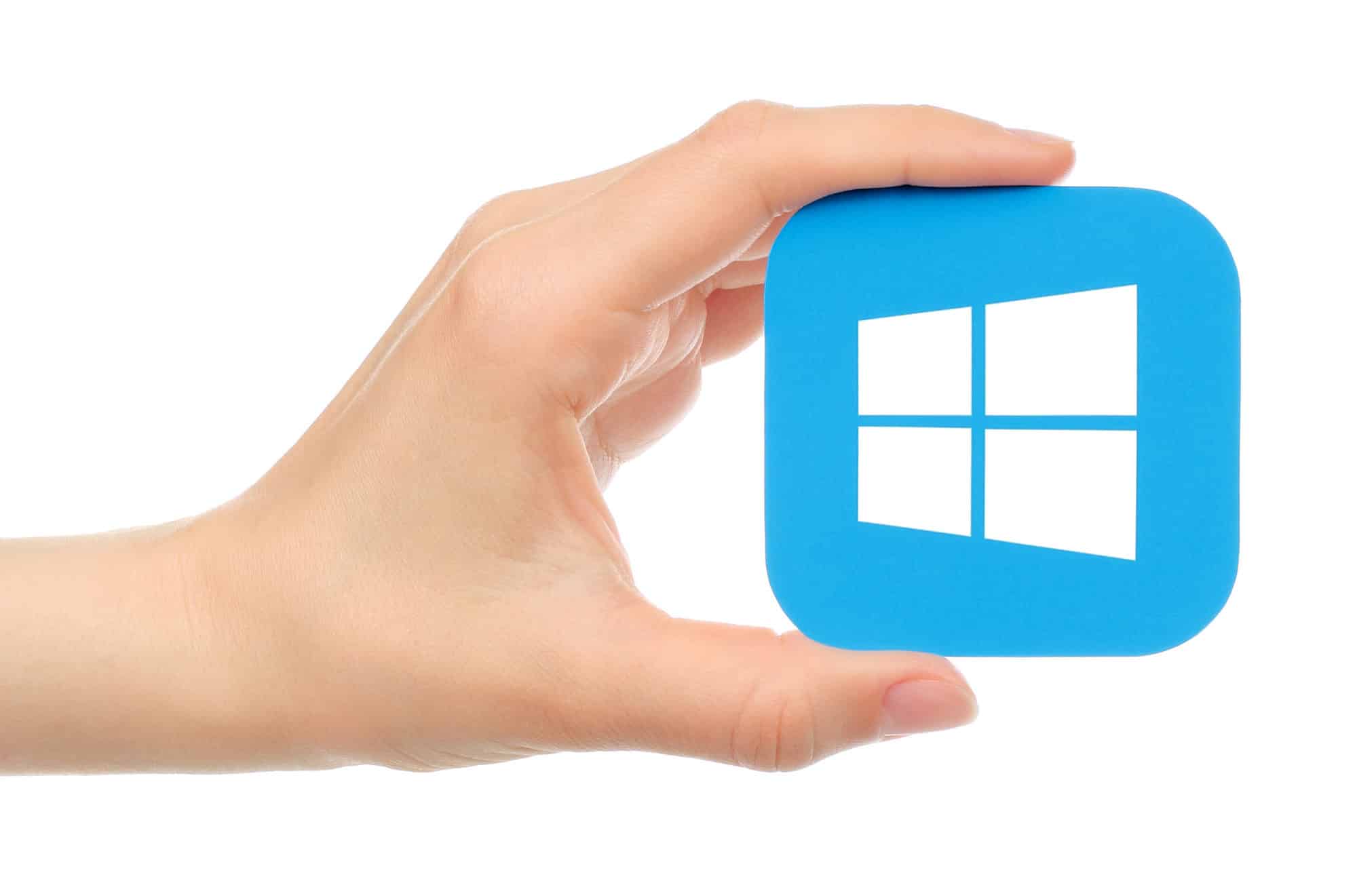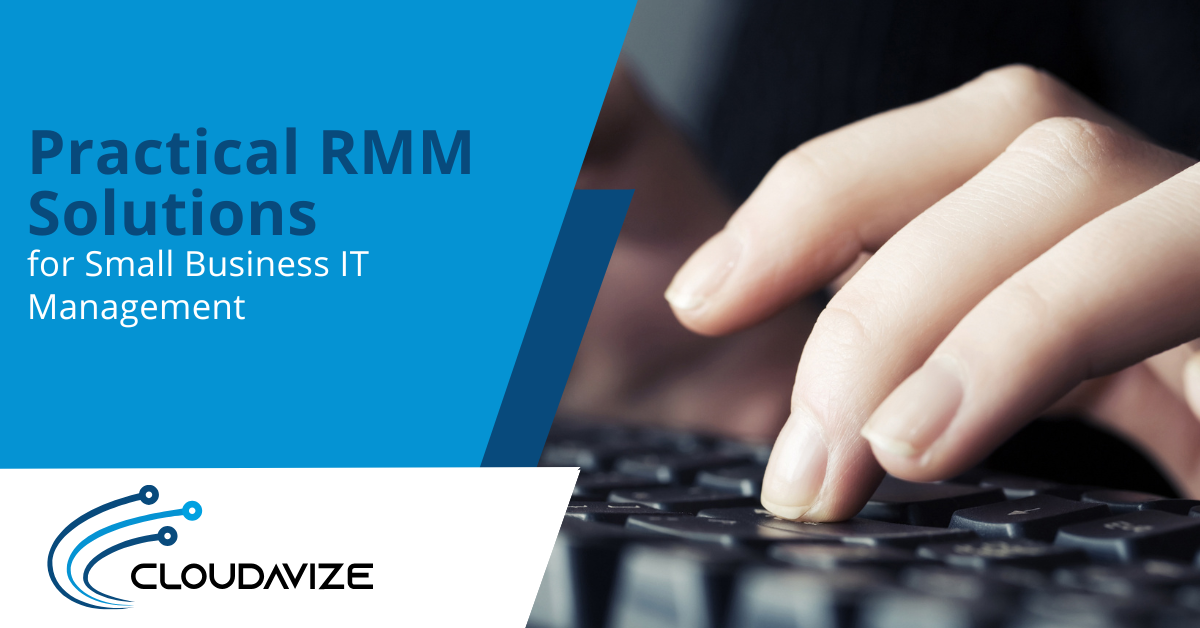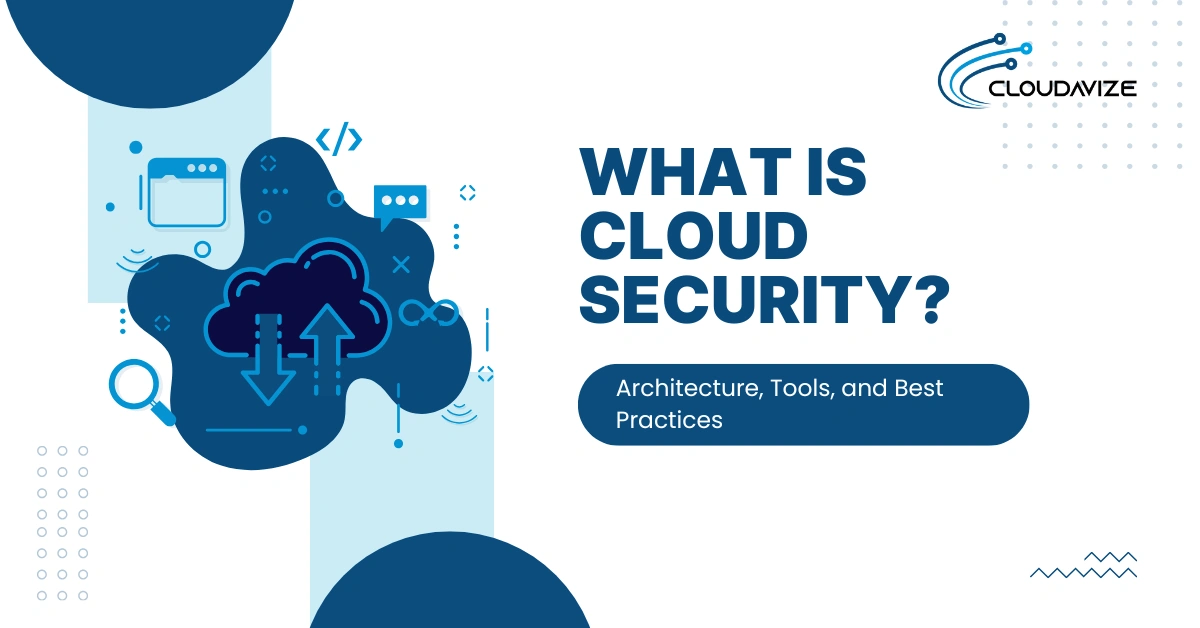One of the bridge technologies that helps connect offices, allows them to share data, and are used for hosting Exchange email are on-premises servers.
They’re an effective way to provide a centralized storage for documents and ensure everyone in your office can access the same assets.
However, on-premises servers do have their drawbacks, which have become even more apparent with the rise of cloud technology over the past decade. They can be damaged in the event of a flood or fire, which risks business continuity. They also can be cumbersome to administer and pose a security risk if not properly protected and updated.
Cost is also another factor that businesses consider when running their own servers. Once you get past the initial server purchase, the costs can quickly skyrocket, when you add in:
- Maintenance costs
- Administrative costs
- Software costs
- Security costs
- Electricity costs
- Lifespan/upgrade needs
The average cost of a server is about $730 per month, not including the maintenance or additional electricity it uses.
With cloud services now being used by a vast majority of companies, the ability to replace on-premises servers with much less troublesome cloud solutions like Microsoft 365, makes good business sense.
Table of Contents
The Benefits of Replacing Your Server with Microsoft 365
Microsoft 365 is a cloud service that includes multiple office productivity tools that are all accessible in a cloud environment. The platform enables connectivity for email, MS Office programs, and cloud-based storage, to ensure your team is connected, but without the need of buying and managing your own on-premises server.
Migrating your data and letting Microsoft’s virtual servers and platform handle the bulk of the work for you has multiple benefits over administering your own server.
Data Security
While hosting your data and emails on-site might initially seem more secure than hosting them in the cloud, there are several things that can cause it to actually be less secure using an on-premises solution.
For example, Microsoft 365 updates all your applications automatically, ensuring that any security patches are applied as soon as they’re available. When you’re using an on-premise solution, you’ve got to handle updates yourself, which can lead to time going by before an important patch is applied and downtime for your server while it’s being updated.
The automated nature of Microsoft 365 means less risk for your data and no downtime for updates to apply
Control Over Your Platform
Server administration can be complicated and not just anyone can do things like add a new email user or configure a new software integration. That need for expertise means it takes longer for server-related tasks to get done and only a few (or one) person on your team can do them.
Microsoft 365’s interface is designed for the everyday user, not someone trained in server administration. That means that it’s easier for your chosen admins to do things like add a new user and email address or put security controls on documents. The user-friendly interface means you have more control over your applications and user management.
Scalability
A server is a big investment and once you buy it, you own it. If it happens to run out of space, you have to make another investment in a whole new server, even if you’re only using 10% of it.
Using a cloud subscription platform like Microsoft 365 gives you the ability to pay for just the number of users you need and scale up or down any time. You can also easily add on storage space for just a small additional amount per month, rather than needing purchase something that’s much more than you need.
Cost Savings
A major benefit of any type of cloud technology, and especially one that can replace expensive servers, is that it reduces operating costs. You save by eliminating the large upfront hardware costs and ongoing maintenance and administration that a server requires.
With Microsoft 365, you get an all-in-one collaborative solution that includes:
- Office 365 Business (Office productivity tools, email, cloud storage, etc.)
- Windows 10
- Mobile device manager (Intune)
- Additional security features (like Advanced Threat Protection)
Microsoft takes care of the backend for you, so you have no additional hardware or maintenance costs.
Business Continuity
Keeping your business running in the face of threats like natural disasters, extended power outages, or ransomware attacks is made much more difficult if all your data is hosted onsite along with your computers and the rest of your technology infrastructure. If anything happens to damage your physical office, all your digital assets could be gone.
Using a cloud platform allows you to protect not only your data that’s hosted in an offsite virtual server but also your team’s ability to access their work. Microsoft 365 is accessible from any location, making it easy to relocate your team if needed, without worrying about your IT infrastructure, to keep your office up and running in the event of a disaster or extended outage.
Learn How to Migrate to Microsoft 365 Easily with Cloudavize
Have your server costs been increasing each year? Learn how Microsoft Consulting Services of Cloudavize can help you with a better solution and an easy migration to Microsoft 365 to lower costs, improve data security, and simplify your business operations.
Contact us today for a free consultation to explore your full technology potential.



